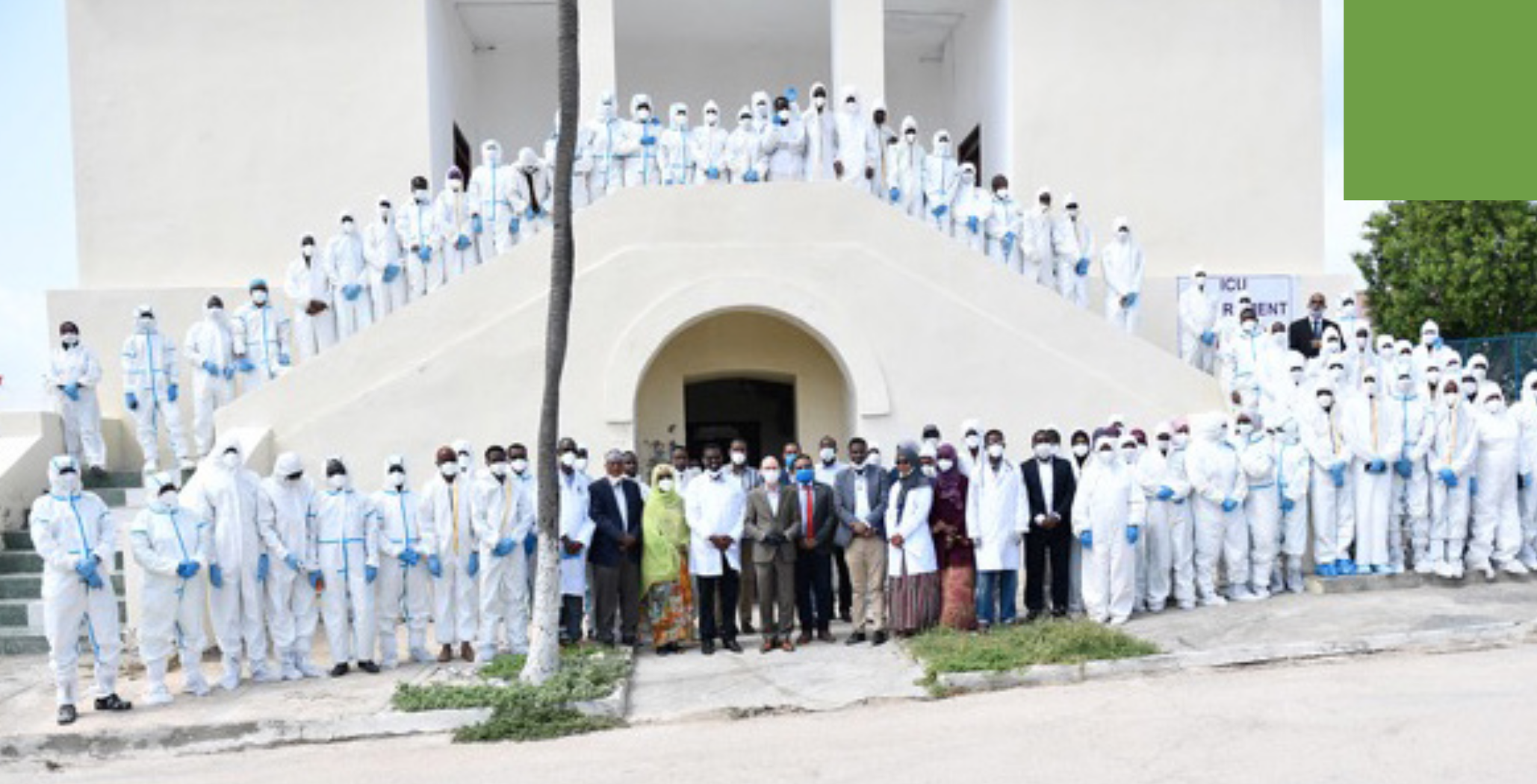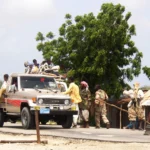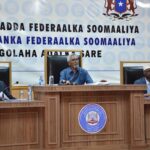The World Health Organization’s declaration of COVID-19 as a global pandemic significantly impacted Somalia, which, by June 30th 2020, had officially recorded 2,904 confirmed cases and 90 deaths. However, this figure likely underestimates the true prevalence of the virus due to pre-existing limitations in healthcare infrastructure, testing capacity, and data reliability. The nation’s fragile healthcare system and scarcity of essential medical resources have further hampered effective containment efforts.
In response, the Somali Federal Government (FGS) established a National Coordination Committee on COVID-19 and implemented a range of preventative measures, including school closures, flight suspensions, prohibitions on mass gatherings, and a night-time curfew in Mogadishu. The pandemic has exacerbated the strain on Somalia’s already vulnerable health system and has had a deleterious effect on the national economy and livelihoods, compounded by concurrent challenges such as flooding and an unprecedented desert locust infestation.
The FGS projects a potential 11% decline in Somalia’s Gross Domestic Product (GDP), with remittances, a crucial economic lifeline, anticipated to decrease by 50%. World Bank forecasts suggest potential damage to crops and livestock totaling $670 million by the end of 2020. A temporary lifting of the livestock import ban by Saudi Arabia on April 19th offered some transient economic respite. Domestic revenue is projected to fall by $67 million, although external financial support has increased by $140 million.
The pandemic has also coincided with heightened political instability as the country prepares for elections, alongside persistent terrorist violence. The closure of eleven airports, including Mogadishu’s principal airport, disrupted over 600 commercial flights monthly, impacting an estimated 25,000 passengers, more than 360 travel agencies, and thousands of casual workers. The three-month closure of the African Union Mission in Somalia (AMISOM) base further contributed to economic disruption.
The construction sector has experienced a downturn due to reduced imports of building materials and a weakened property market. Hotel occupancy rates in Mogadishu have drastically declined from over 60% to between 10 and 15%, largely attributable to the evacuation of expatriates and a general economic slowdown.
Despite these multifaceted challenges, the FGS allocated $5 million to COVID-19 relief efforts and implemented tax exemptions on essential goods. However, the limited fiscal capacity of the Somali state has constrained the overall impact of these interventions.








Leave a Reply